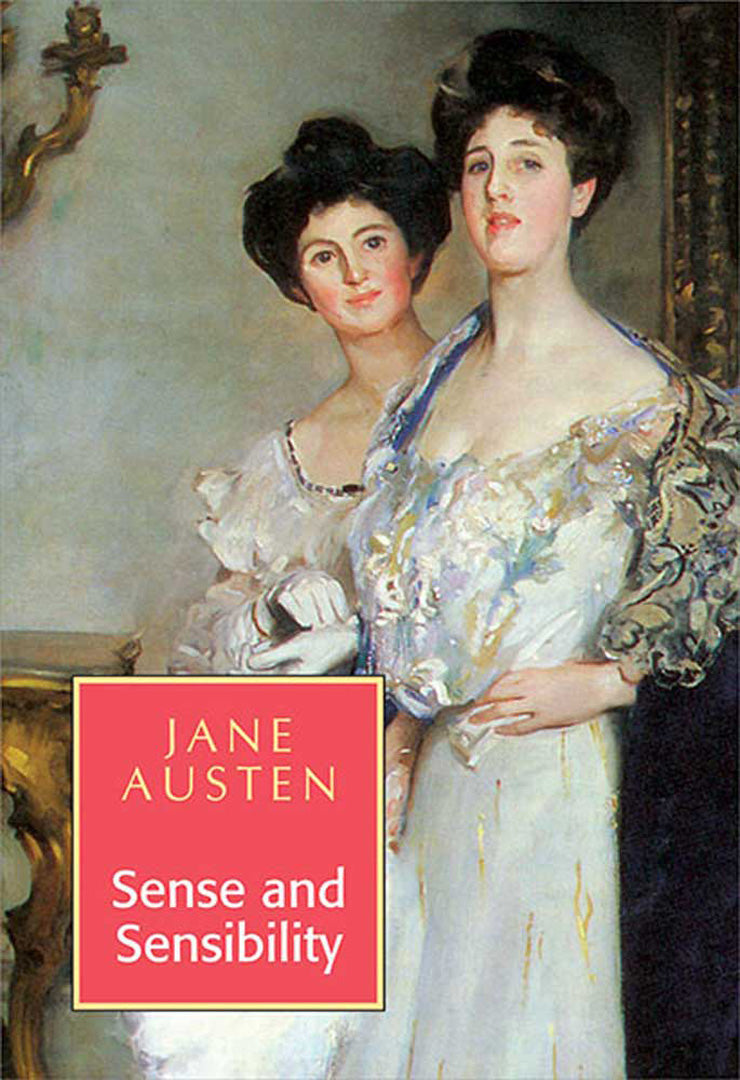Sense And Sensibility
Sense And Sensibility
Jane Austen
Couldn't load pickup availability
Share

More Information
- ISBN13:
- Publisher: Atlantic Publishers & Distributors (P) Ltd
- Publisher Imprint: Peacock Books
- Publication Date:
- Pages: 334
- Binding:
- Item Weight:
- Original Price:
About The Book
Sense and Sensibility, the first of Austen’s novels to be published, remains as fresh as ever it was. The basic theme of the novel is concerned with the personalities of the two sisters of contrasting temperaments who share comparable experiences in the loss of the men they love. Elinor, practical and conventional, is the perfection of sense. Marianne, emotional and sentimental, is the embodiment of sensibility. While Elinor’s character is one of Augustan detachment, Marianne is a feverent disciple of the Romantic age. Elinor desires a man who is promised to another. Marianne loves a scoundrel who deserts her. Their mutual pangs of tragic love bring a closer understanding between the two sisters and true love finally wins when sense gives way to sensibility, and sensibility gives way to sense. The novel authentically depicts early nineteenth-century middle-class provincialism. Written with forceful insight and gentle irony, the work is of lasting interest on the mores and manners of Austen’s time.
About The Author
Jane Austen (1775-1817) was the daughter of a well-off, cultivated Hampshire clergyman, the Rev. George Austen. She was the sixth in a family of five sons and two daughters. Her main education was from her father. As a child and young woman she read widely, including among novelists, Fielding, Sterne, Richardson, and F. Burney; and among poets, Sir W. Scott, Cowper, and her particular favourite, Crabbe. She began her literary career by writing parodies and sketches for the amusement of her family. Some of these were later worked up into the major novels of her maturity. Her life is notable for its lack of events; although she had several suitors, she did not marry. In 1801 the family moved to Bath, in 1806, after Mr. Austen’s death, to Southampton, and 1809 to Chawton, again in Hampshire, where she lived till her death in 1817.
Jane Austen wrote of the provincial life she had seen (she never visited London) and there are no peasants and few noblemen among her characters. But her sense of comedy was aroused by the absurdities of the sentimental and gothic novels that she encountered, and her sharp mind enabled her to write ironically amusing sketches of character and situation; she minutely dissected snobbery, bourgeois morality and hypocrisy in an understated manner that comes as a relief from the excesses of many of her contemporaries.
Though her life was uneventful, placid, and circumscribed, Jane Austen was highly sensitive to what went on around her. Her observations on the manners of her time and of her class are reflected in her novels: Sense and Sensibility (1811), Pride and Prejudice (1813), Mansfield Park (1814) and Emma (1816).
On July 18, 1817, at Winchester, Hampshire, the author died, as quietly and serenely as she had lived.

